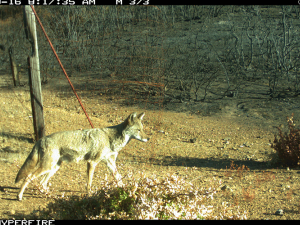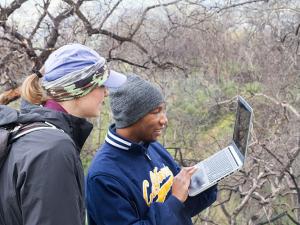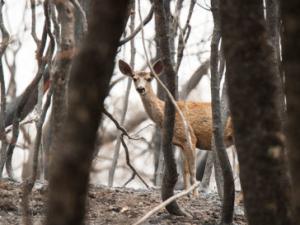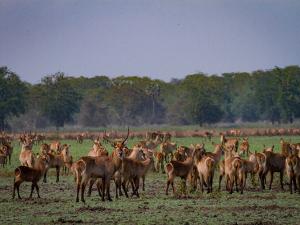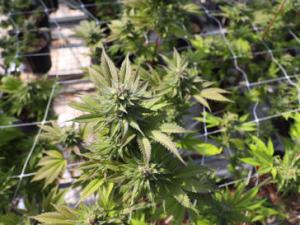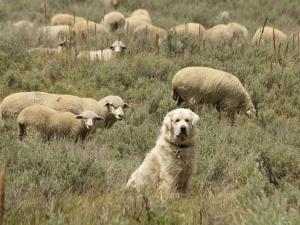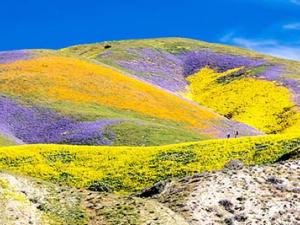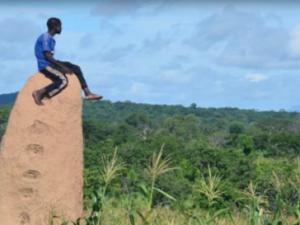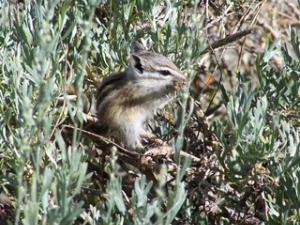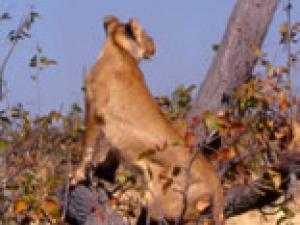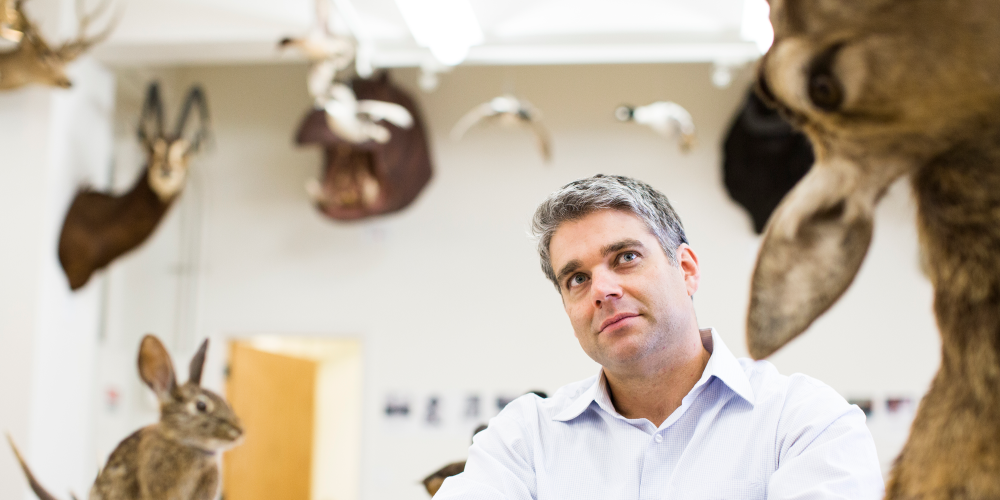

Research Expertise and Interest
wildlife, biodiversity, ecology, conservation, sustainability, climate change, human livelihoods
Research Description
Justin Brashares' research in the Department of Environmental Science, Policy and Management at UC Berkeley combines traditional ecology with interdisciplinary science to study how human activities are rapidly changing oceans, forests and savannas, and to highlight and communicate the everyday consequences of these changes for nature and society. Through these efforts, their work combines biodiversity conservation with economics, anthropology, public health, nutrition, environmental justice and journalism.
